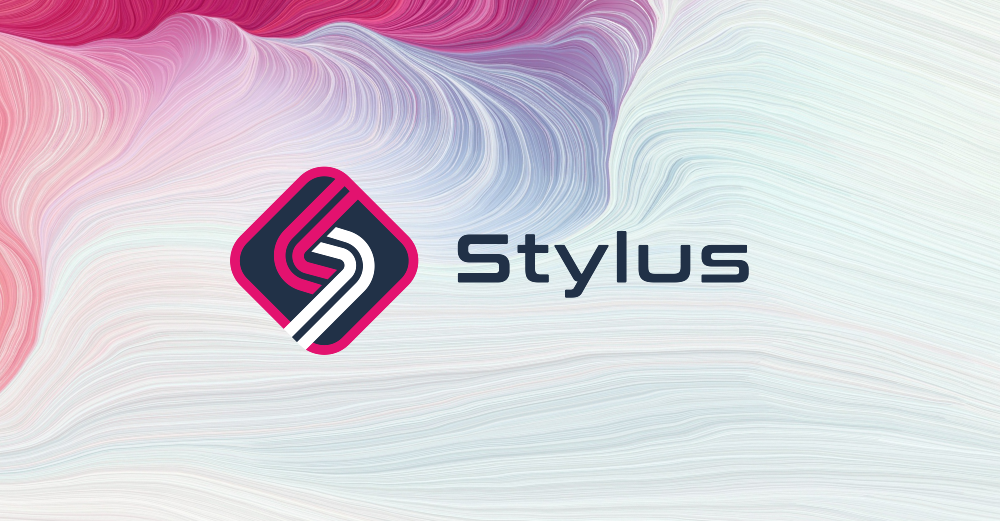The C/C++ SDK allows you to take full control of the underlying web-assembly executed in your smart contract.
The Stylus VM executes WebAssembly, so you'll need a C/C++ compiler with support for wasm32 targets. Support for this varies, so some users may have to build clang or gcc from source. Your package manager may also include a compatible version.
We suggest using these tools:
llvmmust include clang and have WebAssembly support, including the commonbulk-memoryextension. Make sure that clang accepts--target=wasm32and that llvm ships with thewasm-ldbinary. Availability varies between distributions, but package managers commonly include these preconfigured in their "llvm" and/or "clang" recipies.cargo-stylusis used to generate c-code, and to check and deploy contracts. Rust support is not required.make,git
This SDK is neither audited, nor stable. Future versions may ship with backward incompatible changes.
| Header | Info |
|---|---|
stylus_types.h |
Types used by the wasm entrypoint to define return values from stylus |
stylus_entry.h |
Includes used to generate stylus entrypoints |
hostio.h |
Functions supplied by the stylus environment to change and access the VM state (see Host I/O) |
stylus_debug.h |
Host I/Os only available in debug mode. The best way to get a debug-enabled node is to run one locally |
bebi.h |
Tools for handling Big-Endian Big Integers in wasm-32 |
storage.h |
Contract storage utilities |
stylus_utils.h |
Higher-level utils that might help smart contract developers |
string.h |
Minimal (and incomplete) implementation of the standard string.h |
stdlib.h |
Minimal (and incomplete) implementation of the standard stdlib.h |
The library includes two examples, each with a makefile that builds a wasm from source using the command make. Both are annotated, and users are encouraged to read through the code.
Demonstrates a custom precompile, compute-only smart contract that processes input bytes and returns their hash. This minimal example uses very little of the SDK library.
Provides an erc20-like smart contract implementation. This example uses the library as well as the c-code generation capabilities of cargo-stylus.
include/hostios.h. There you can call VM hooks directly, which allows you to do everything from looking up the current block number to calling other contracts.
For example, the VM provides an efficient implementation of keccak256 via
void native_keccak256(const uint8_t * bytes, size_t len, uint8_t * output)Unlike with the Rust SDK, however, you will have to work with raw pointers and deserialize arguments manually. This makes stylus.h an ideal environment for bytes-in bytes-out programming, but not general smart contract development.
For a comprehensive list of hostios, please see The Host I/O Reference.
The table below includes clang flags commonly used to build Stylus contracts. The siphash example uses most of the following, and is a great starting point for programs that opt out of the standard library.
| Flag | Info | Optional |
|---|---|---|
| --target=wasm32 | compile to wasm | |
| --no-standard-libraries | opt out of the stdandard library | ✅ |
| -mbulk-memory | enable bulk-memory operations (accelerates memset and memcpy) | ✅ |
| -O2 / -O3 / -Oz | optimize for speed or size | ✅ |
Flags that should be used when linking a wasm file with wasm-ld.
| Flag | Info | Optional |
|---|---|---|
| --no-entry | let Stylus decide the entrypoint | |
| --stack-first | puts the shadow-stack at the beginning of the memory | ✅ |
| -z stack-size=... | sets size for the shadow-stack | ✅ |
C binaries are both small and very efficient. The siphash example is only 609 bytes onchain and costs 22 gas to execute a 32-byte input. By contrast, 22 gas only buys 7 ADD instructions in Solidity.
How did we achieve this efficiency? All we had to do was Google for an example siphash program and add a simple entrypoint. In the Stylus model, you can deploy highly-optimized and thouroughly-audited, industry-standard reference implementations as-is. With the Stylus SDK, cryptography, algorithms, and other high-compute applications are both straightforward and economically viable.
Stylus is currently testnet-only and not recommended for production use. This will change as we complete an audit and add additional features.
Arbitrum Orbit L3s may opt into Stylus at any time. Arbitrum One and Arbitrum Nova will upgrade to Stylus should the DAO vote for it.
If you'd like to be a part of this journey, join us in the #stylus channel on Discord!
The Stylus VM supports more than just C. In fact, any programming language that compiles down to WebAssembly could in principle be deployed to Stylus-enabled chains. The table below includes the official ports of the SDK, with more coming soon.
| Repo | Use cases | License |
|---|---|---|
| Rust SDK | Everything! | Apache 2.0 or MIT |
| C/C++ SDK | Cryptography and algorithms | Apache 2.0 or MIT |
| Bf SDK | Educational | Apache 2.0 or MIT |
Want to write your own? Join us in the #stylus channel on discord!
© 2022-2023 Offchain Labs, Inc.
This project is licensed under either of
at your option.
The SPDX license identifier for this project is MIT OR Apache-2.0.
